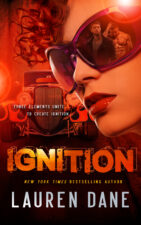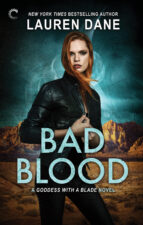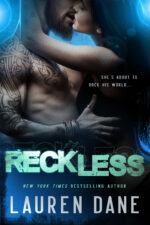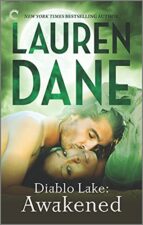|
Oct
1 2008 | ||
One of my favorite sites regarding banned and challenged books is The Forbidden Library – this site is run by a librarian and is a wonderful resource. Last year I listed some books and their challenges so I thought I’d do that again with some different books. The info below is compiled at the ALA and also reported at The Forbidden Library.
1984 George Orwell. Harcourt. Challenged in the Jackson County, Fla. (1981) because the novel is “pro-communist and contained explicit sexual matter.”
James and the Giant Peach. Roald Dahl. ABC-Clio; Knopf. Challenged at the Deep Creek Elementary School in Charlotte Harbor, Fla. (1991) because it is “not appropriate reading material for young children.” Challenged at the Pederson Elementary School in Altoona, Wis. (1991) and at the Morton Elementary School library in Brooksville, Fla. (1992) because the book contains the word “ass” and “promotes” the use of drugs (tobacco, snuff) and whiskey. Removed from classrooms in Stafford County, Va. Schools (1995) and placed in restricted access in the library because the story contains crude language and encourages children to disobey their parents and other adults.
The Lion, the Witch and the Wardrobe. C.S. Lewis. Macmillan. Challenged in the Howard County, Md. school system (1990) because it depicts “graphic violence, mysticism, and gore.”
Raisin in the Sun. Lorraine Hansberry. Random. The Ogden, Utah School District (1979) restricted circulation of Hansberry’s play in response to criticism from an anti-pornography organization.
A Wrinkle In Time. Madeleine L’Engle. Dell. Challenged at the Polk City, Fla. Elementary School (1985) by a parent who believed that the story promotes witchcraft, crystal balls, and demons. Challenged in the Anniston Ala. schools (1990). The complainant objected to the book’s listing the name of Jesus Christ together with the names of great artists, philosophers, scientists, and religious leaders when referring to those who defend earth against evil.
Catcher in the Rye. J.D. Salinger. Published in 1951, this immediate best seller almost simultaneously became a popular target of censorship. A 1991-92 study by the People for the American Way found that the novel was among those most likely to be censored based on the fact that it is “anti-Christian.” Challenged by Concerned Citizens of Florida who wanted the book removed from a high school library (1991) in Leesburg, Florida due to “profanity, reference to suicide, vulgarity, disrespect, and anti-Christian sentiments.” They were unsucessful: a review committee voted unanimously to retain the book.
Different Seasons. Stephen King. NAL. Removed from the West Lyon Community School library in Larchwood, Iowa (1987) because “it does not meet the standards of the community.” Removed from the Washington Middle School library in Meriden, Conn. (1989) after a parental complaint. Challenged at the Eagan High School in Burnsville, Minn. (1992).
Le Morte D’Arthur. Sir Thomas Malory. Scribner; Collier; Penguin. Challenged as required reading at the Pulaski County High School in Somerset, Ky. (1997) because it is “junk.”
I have to shake my head when I think about how much time and energy was spent by the attempt to ban the books, by those who defended them and the people who had to hear the challenges. Time better spent on reading a book such parents found more appropriate for their children, for instance.





October 2nd, 2008 at 8:47 am · Link
LOL…Notice how Florida just KEEPS popping up?
You should have heard the, Um? “atomic” size “who Ha” when after challenging the “My friend Flicka”, I next challenged MY little ones right to dress (hello, she was six ) to dress in the handmade little witch costume, that I had worn in elementary.
Talk about a BOOM!
Had 2 different news crews at my home.
Again…Florida!
But that be a horse of another color!
~ v ~
October 4th, 2008 at 1:18 pm · Link
I’m late reading this post Lauren but all I can say is ‘Bravo’. Interesting enough I joined in on a discussion with respect to this very issue on another blog this week.
I am passionate about democratic freedoms with respect to the written word.
The bottom line is, if you don’t like it, don’t read it. However, do not tell me what I am allowed to read, or write for that matter.
Thank you for your post.